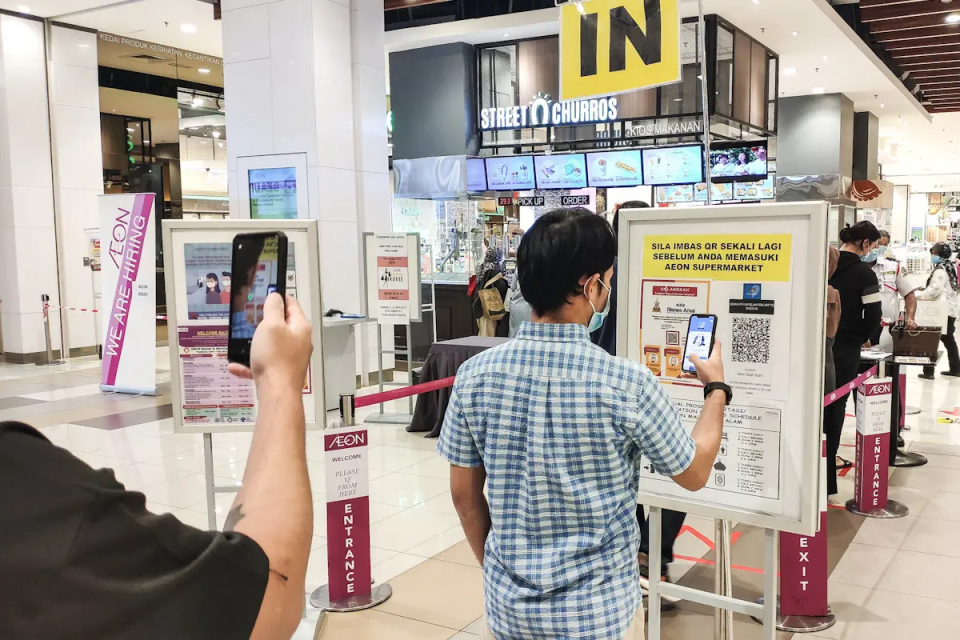SHAH ALAM, Feb 6 — Selangor’s continuous efforts to mitigate the Covid-19 situation in the state via its contact tracing system SELangkah was stunted after Putrajaya had on August 3 last year announced the mandatory use of the MySejahtera application at all business premises.
Selangor Task Force for Covid-19 (STFC) chairman Datuk Seri Dr Dzulkefly Ahmad said prior to the announcement, SELangkah was still being actively used and had helped the state in educating the public as well as contact tracing to reduce the number of cases in the state.
“It came to the fateful day of August 3, 2020, when Senior Minister Datuk Seri Ismail Sabri Yaakob announced on national television that it was compulsory for each business premise to have a MySejahtera QR code.
“Though in the written statement later it said that any QR-based contact tracing app could be used, the ship had already sailed. Many who opted to stick with SELangkah later switched to MySejahtera,” said Dr Dzulkefly in a statement today in response to an online report on Wednesday that questioned the effectiveness of SELangkah in contact-tracing as well as the setting up of the task force, following the recent upsurge in Covid-19 cases in Selangor.
Dr Dzulkefly said following the mandatory use of the government’s MySejahtera, many former users of SELangkah had informed the state government that they were fined by the authorities for not using MySejahtera.
“This paralysed a system that was so well set up,” he said.
The former health minister said SELangkah was actively used from its inception on May 3, 2020, until mid-August of last year, in which he said during the said period the number of positive cases was low.
“However, the success story of SELangkah contact tracing was (further) short-lived, because on August 18, 2020, and subsequently on September 2, MySejahtera was mandated and patient location data which were previously shared with the Selangor government — was stopped,” the statement read.
Dr Dzulkefly said the Federal government’s refusal, through the Health Ministry, to share anonymised data with the state left them without access to accurate and important data to facilitate its mitigation plan.
He added that the state administration’s mitigation had to rely on out-dated information, which affected the state’s swift response to Covid-19 data.
SELangkah was formed by the Selangor government after the movement control order (MCO) was lifted last year and replaced with the conditional CMO (CMCO) beginning last May 4.
The system aims to not only assist with QR-based contact tracing but to also gain public feedback via quick surveys and to function as an information/news outlet for the users.





